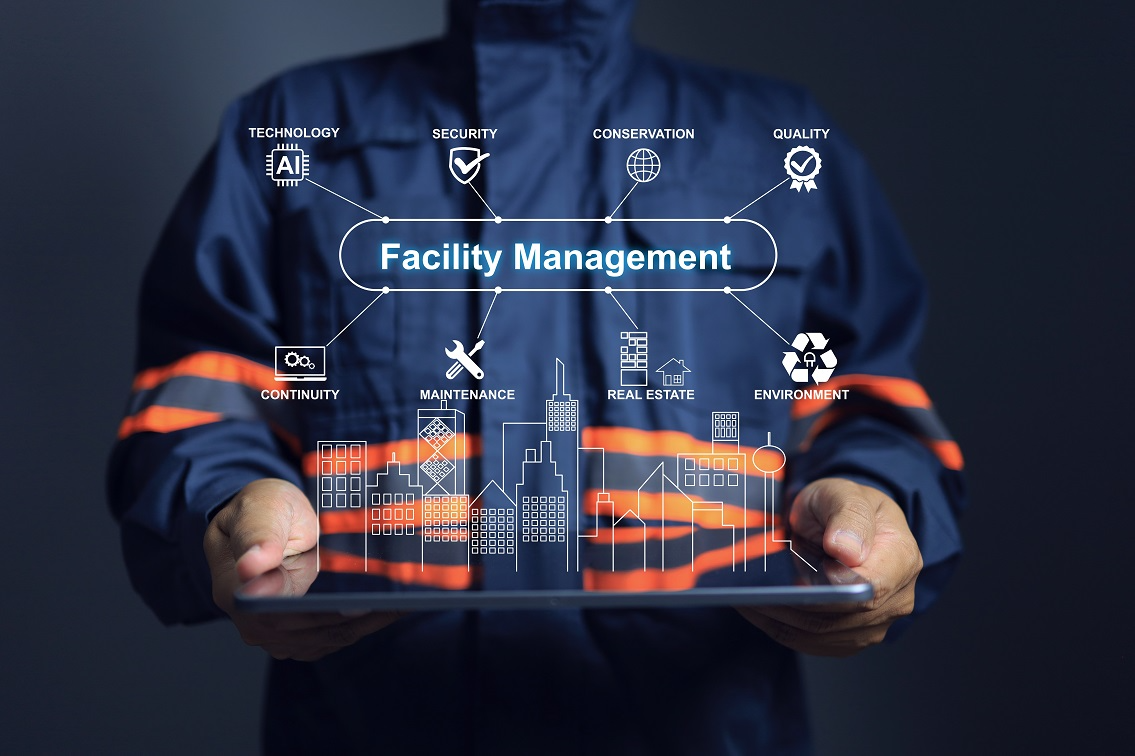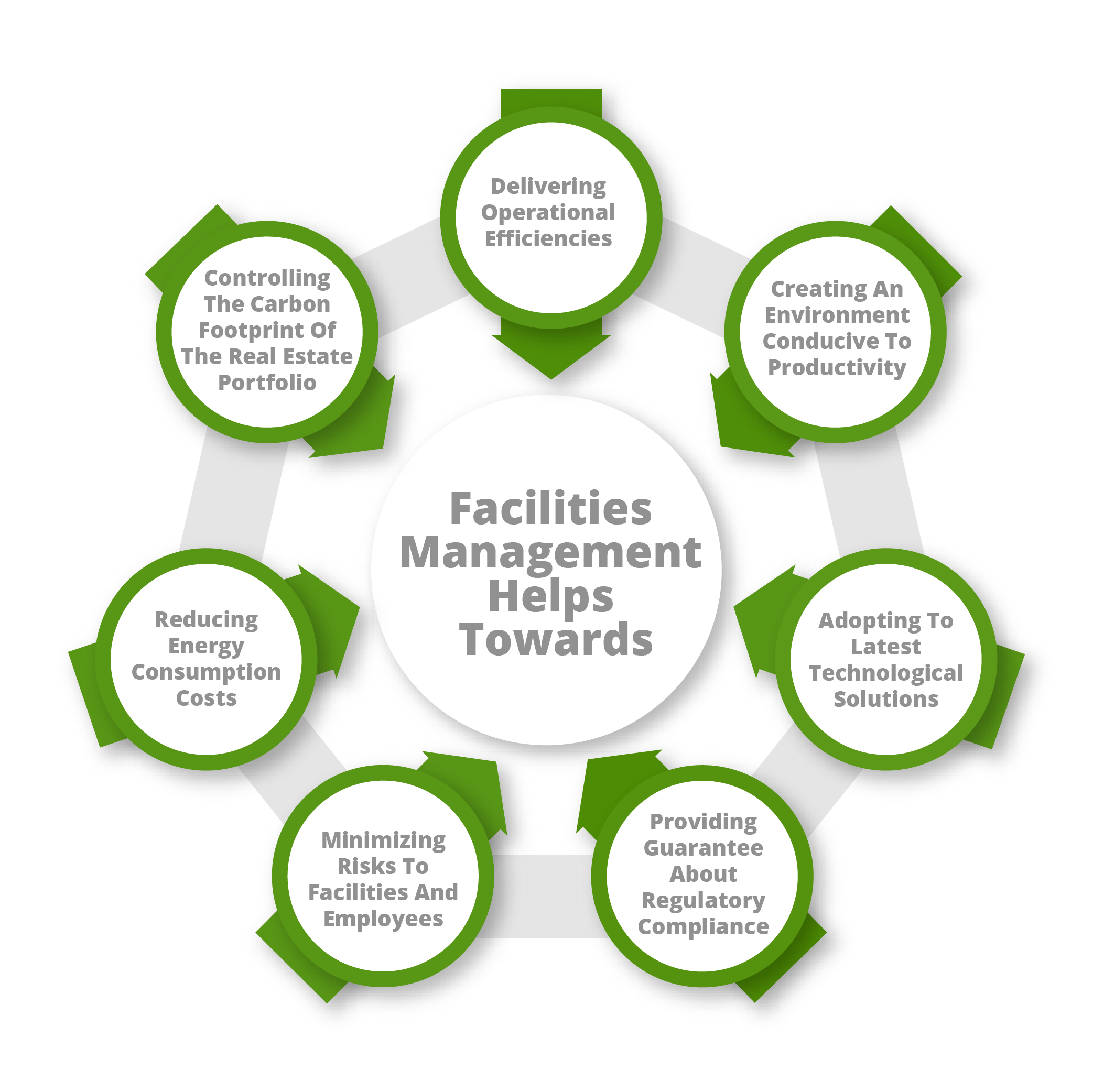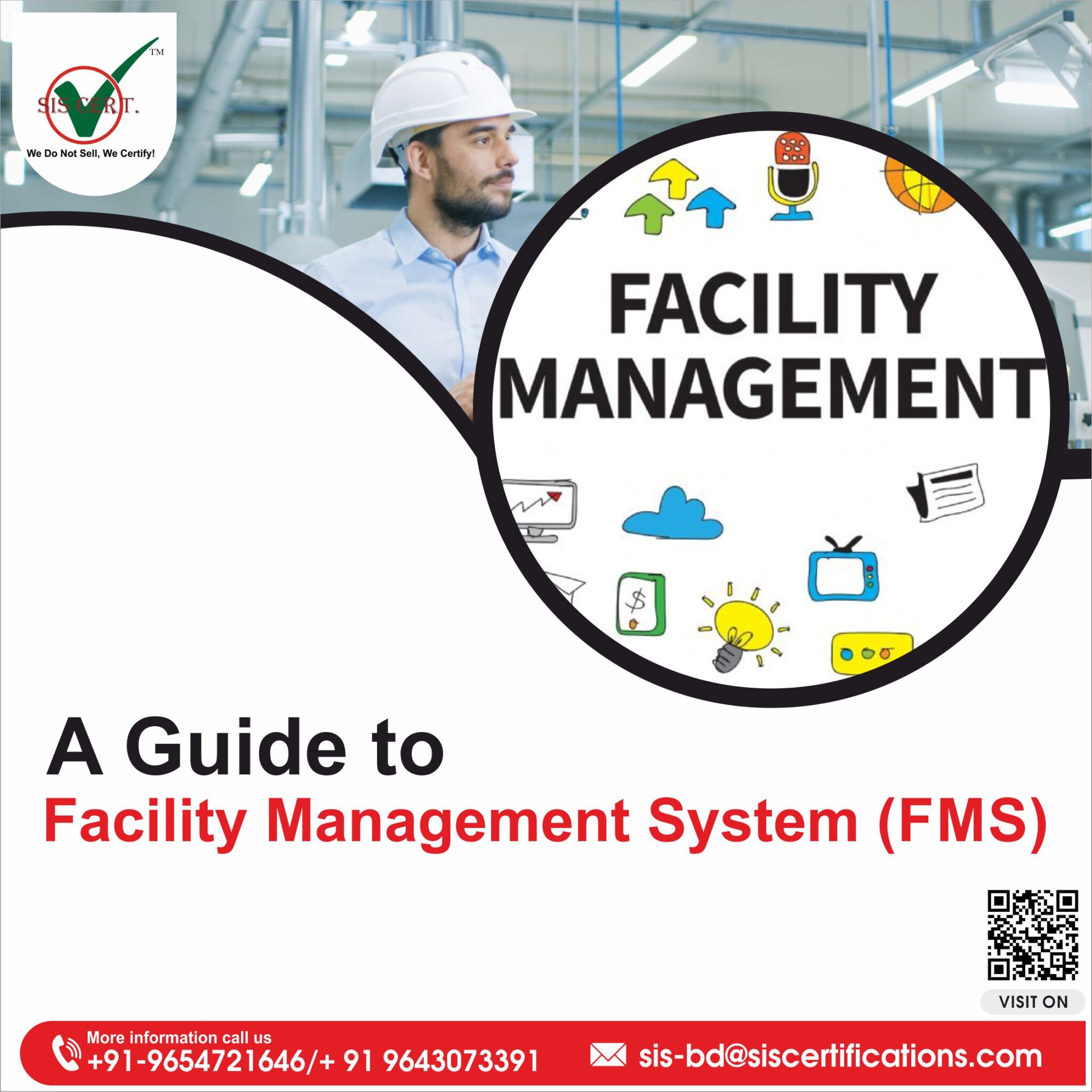Harnessing the Power of Total Facility Management for Efficient Operations
Harnessing the Power of Total Facility Management for Efficient Operations
Blog Article
Why Total Facility Management Is Necessary for Business Success
Total Facility Management (TFM) acts as a cornerstone for company success by balancing diverse functional facets such as upkeep, room application, and precaution. This integration not just improves performance however additionally aligns facility management with overarching organizational purposes. As services browse an affordable landscape, recognizing the diverse benefits of TFM can be essential in driving cost effectiveness and boosting employee efficiency. Nevertheless, the implications of taking on TFM extend much past immediate functional gains, increasing critical questions regarding its long-term influence on business strength and competition - Total Facility Management. What exists beneath this essential structure?
Comprehending Total Facility Management
Total Facility Management (TFM) encompasses a detailed strategy to managing an organization's structures and connected solutions to ensure optimal functionality, security, and efficiency. TFM integrates different techniques, including maintenance, procedures, room management, and security methods, to develop a cohesive structure that supports a company's core objectives.
At its core, TFM intends to simplify the processes associated with facility management, decreasing redundancies and boosting service distribution. This strategy involves the sychronisation of activities associated to property management, such as repair work, cleaning, and power management, to foster a productive environment for stakeholders and staff members alike. TFM likewise stresses the significance of carrying out best practices and innovative technologies to improve solution quality and decrease operational expenses.
Understanding TFM needs acknowledgment of its strategic significance in supporting a company's goal. By aligning facility management tasks with organizational objectives, TFM boosts overall performance while making sure compliance with health and wellness, security, and ecological policies. Therefore, TFM serves not only as a logistical function however also as a tactical asset, contributing to a company's lasting sustainability and development. In summary, TFM is necessary for creating a well-functioning environment for company success.
Key Benefits of TFM
Leveraging a detailed method, organizations that implement Total Facility Management (TFM) unlock a myriad of advantages that add to total company success. Among the key advantages of TFM is the improvement of functional effectiveness. By combining facility services under a unified management framework, companies can enhance processes, reduce redundancies, and boost interaction throughout departments.
Moreover, TFM advertises a proactive upkeep strategy, which lessens downtime and expands the lifespan of facilitiess and tools (Total Facility Management). This proactive strategy not only enhances performance however also promotes a much safer working setting, eventually leading to higher employee complete satisfaction and retention rates
In addition, TFM helps with far better resource allocation by supplying insights right into facility efficiency metrics. Organizations can identify locations for enhancement, enabling them to make informed decisions that align with their critical goals.
TFM and Cost Performance
Achieving expense performance is an essential goal for organizations, and Total Facility Management (TFM) plays a critical role in this undertaking - Total Facility Management. By incorporating various facility solutions under a single management framework, TFM enables organizations to enhance operations and lower redundancies. This all natural technique leads to substantial expense financial savings, as it gets rid of the demand for several vendors and streamlines purchase processes
Furthermore, TFM fosters aggressive maintenance strategies, which minimize the danger of expensive repairs and downtime. By focusing on safety nets, organizations can prolong the life-span of their properties and decrease unanticipated expenses. Furthermore, TFM incorporates energy management techniques, which can considerably reduce utility prices with efficient resource usage.
The centralization of data and analytics within TFM permits organizations to make informed economic choices. By identifying patterns and areas for improvement, TFM enables tailored techniques that better improve expense management. The scalability of TFM solutions guarantees that as organizations expand, their facility management techniques remain effective and aligned with monetary objectives.
Enhancing Worker Productivity
A well-managed facility can significantly enhance staff member productivity by creating a conducive workplace. Reliable Total Facility Management (TFM) ensures that all facets of the work environment-- from illumination and temperature to sanitation and safety and security-- are maximized. When staff members run in a space that is comfy and well-maintained, they are more probable to focus on their tasks, resulting in greater output and job complete satisfaction.
In addition, TFM can improve collaboration via the strategic layout of communal areas, urging synergy and advancement. By investing in the appropriate sources and technology, organizations can help with smooth communication and streamline process, better enhancing productivity. Normal upkeep and timely feedbacks to facility problems protect against disturbances that could or else prevent efficiency.
In addition, a healthy and secure work click to read setting, supported by TFM practices, decreases absenteeism and promotes health, straight correlating with enhanced productivity degrees. Inevitably, prioritizing facility management is an investment not just in physical assets yet additionally in the workforce itself. By fostering a setting that supports employee requirements and preferences, businesses can cultivate a much more involved and reliable workforce, driving total success and competitive advantage.

Future Trends in TFM
Embracing technical developments is readied to improve the landscape of Total Facility Management (TFM) in the coming years. As the demand for effectiveness and sustainability increases, TFM will progressively adopt smart building technologies, incorporating Net of Things (IoT) gadgets to handle and keep an eye on facility operations in real-time. This change will make it possible for positive maintenance, substantially reducing operational expenses and improving service distribution.

Sustainability stays a crucial emphasis, with TFM experts anticipated to prioritize environmentally friendly techniques. This includes making use of renewable resource resources and enhancing waste management systems to decrease the carbon impact of facilitiess.
Remote management capacities will also be expanded, enabling facility supervisors to supervise operations from practically anywhere. This flexibility will certainly become vital as organizations adapt to crossbreed work versions. In summary, the future of TFM is poised for change through modern technology, sustainability, and enhanced operational approaches, ensuring companies remain competitive in an advancing landscape.
Verdict
By integrating various operational functions, TFM enhances performance and straightens facility management with business objectives. As businesses progressively embrace sustainable techniques and ingenious technologies, the importance of TFM will continue to grow, making certain lasting functional effectiveness and competition in an advancing market.

Report this page